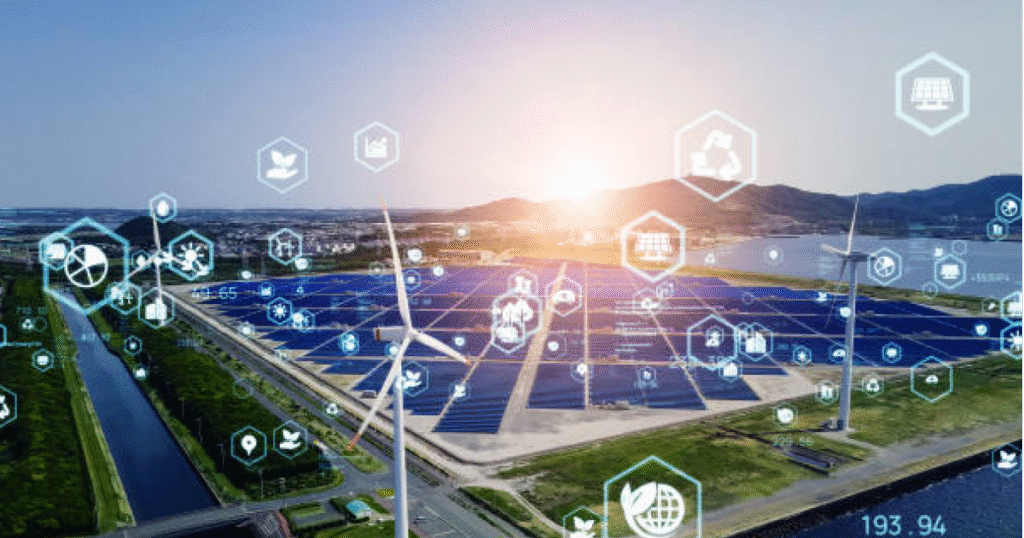The Future of Solar Technology: What to Expect in 2025 and Beyond

Solar energy has already become one of the fastest-growing renewable energy sources in the world, and the pace of innovation is only accelerating. As we move into 2025 and beyond, several groundbreaking technologies are set to transform how homes, businesses, and industries generate and use solar power. From ultra-efficient panels to AI-driven energy systems, the future is brighter than ever.
1. Ultra-Efficient Solar Panels
The next generation of solar panels will focus on higher efficiency and lower costs. Some developments include:
Perovskite Solar Cells with 30–35% efficiency
Tandem Solar Panels combining silicon + perovskite layers
Bifacial Panels that capture sunlight on both sides
These technologies will help households generate more power even in limited roof spaces.
2. Smart Solar Systems with AI & IoT
AI and smart analytics are set to revolutionize solar usage.
Future features include:
AI-powered energy forecasting
Real-time performance monitoring
Automatic fault detection
Smart home integration with appliances
These systems will help optimize power consumption, reduce electricity bills, and ensure the solar system works at peak performance year-round.
3. Better and More Affordable Solar Batteries
Energy storage will be one of the biggest game-changers.
Upcoming improvements:
Solid-state batteries offering 2x more lifespan
Faster charging technologies
Lower cost per kWh
High-capacity home battery packs
With improved storage, homes can run almost completely off-grid.
4. Solar-Powered Smart Homes
By 2025, solar energy will integrate deeply with smart home automation:
Solar-powered water heaters
Smart inverters
Connected heat pumps
Smart switches and load controllers
This will allow seamless switching between grid power, solar, and battery backup.
5. Solar for Electric Vehicles (EVs)
As EV adoption grows, solar technology will support charging solutions such as:
Solar carports
Solar-powered EV chargers
Vehicle-to-home (V2H) energy-sharing systems
This will make EV ownership even more eco-friendly and cost-effective.
Conclusion
The future of solar technology is not just about generating electricity—it’s about creating smarter, more sustainable living. With advancements in AI, smart batteries, ultra-efficient panels, and EV integration, solar energy will become a central part of modern homes and industries.
If you’re considering switching to solar, 2025 and beyond will be the best time, with improved technologies, lower costs, and more support than ever.

